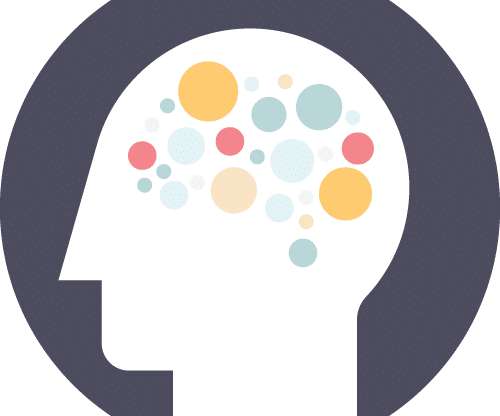Manage Cognitive Load in Digital Learning
B Online Learning
SEPTEMBER 7, 2017
It’s widely accepted that our memory system consists of three components – a sensory memory that receives information from our surroundings, a working memory to process this information and also to retrieve information from our long-term memory. Three Types of Cognitive Load. It leverages our learning process.
























Let's personalize your content